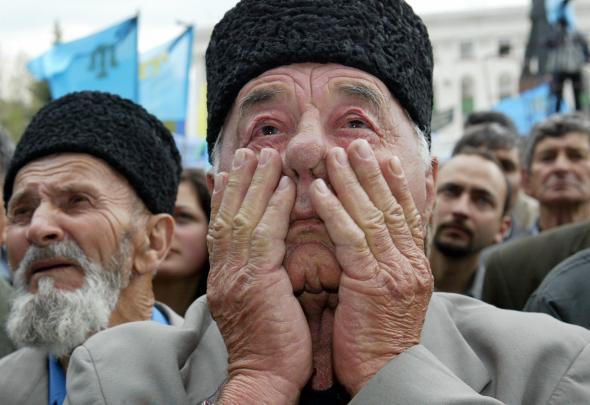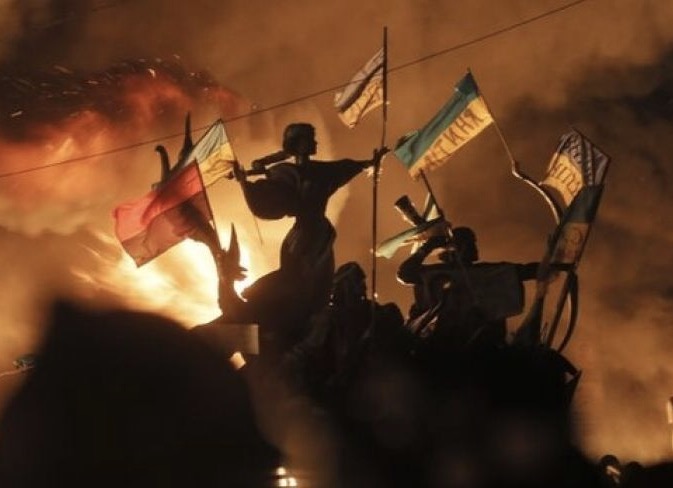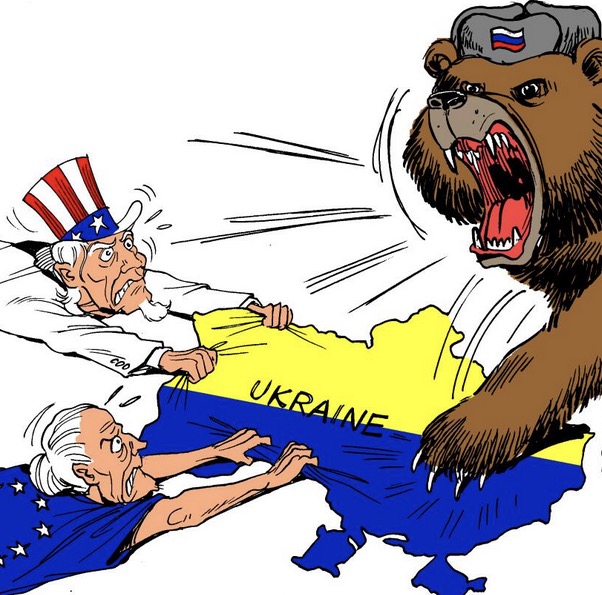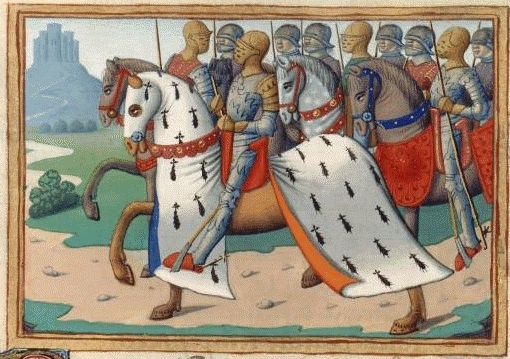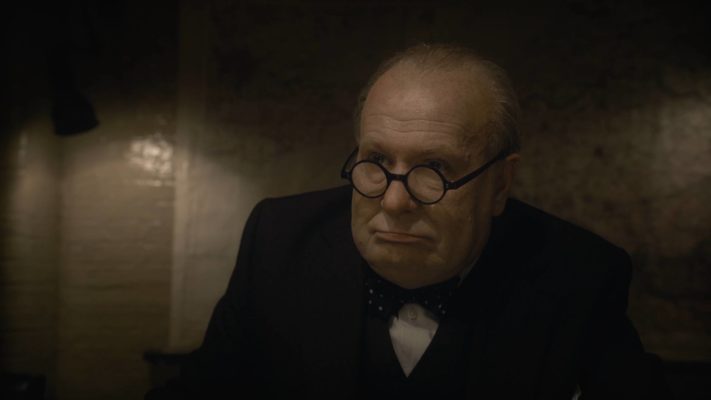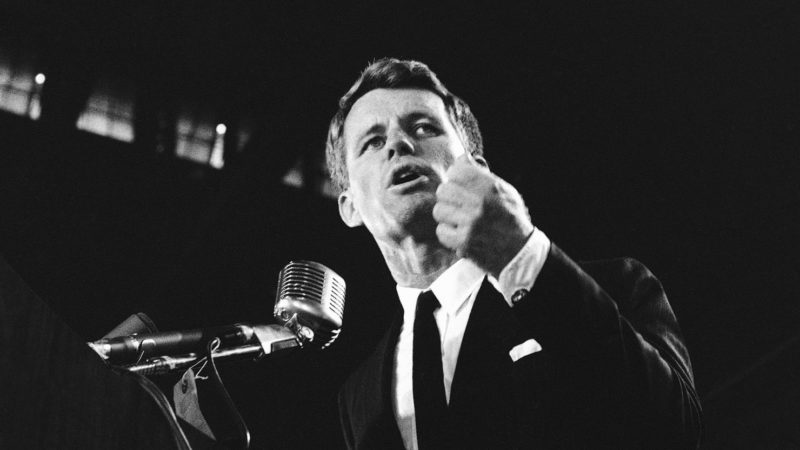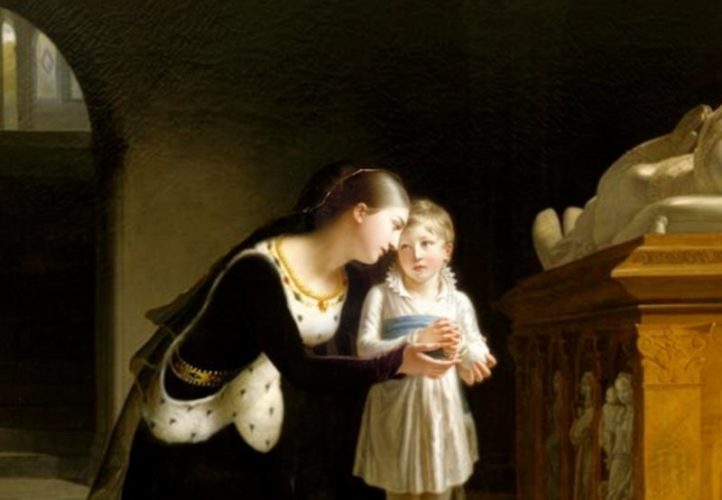Category: HISTORY
Odessa, the Pearl of the Black Sea at stake
nvestigate The Ukrainian Revolution and Odessa, focusing on the tragic events and the underlying motivations of the key players.
The annexation of Crimea – media coverage in Britain and France
Understand the geopolitical implications of Crimea’s annexation and the western media’s response to the situation.
The February Revolution of 2014
BRTISH AND FRENCH MEDIA COVERAGE OF THE UKRAINIAN CRISIS THE ECONOMIST’S VIEW Author: Pierre Scordia 2. The beginning of the political crisis 3. The February Revolution of 2014 The Economist magazine was […]
Chronicle of a Revolution: Ukraine 2013-2017
Explore the complexities of the Ukrainian revolution and how it was portrayed in French and British media amid Russian aggression.
Gilles of Brittany, the anglophile prince who was murdered (1420-1450)
The murder of Gilles of Brittany had repercussions throughout the fifteenth and sixteenth centuries. It dramatically changed the course of Anglo-Breton relations and moreover led to serious consequences for the Anglo-French political landscape.
Cinema: Dunkirk, Churchill and the Brexiteers
Explore Dunkirk and Darkest Hour, two films that highlight British resilience and the tragedy of war amidst Brexit reflections.
HISTORY / LITERATURE / USA
From Kennedy to Hillary: the end of the myth of the American dream
Democracy seems a sham when you read two books, one by Hillary Rodman Clinton, What Happened, and the other one by Marc Dugain, Ils vont tuer Robert Kennedy (They are going to kill Robert Kennedy). These two works put into perspective the true nature of American democracy, which is governed by invisible forces.
Joan of Navarre, Duchess of Brittany & Queen of England
As an ambitious woman, Joan of Navarre chose an alliance with England, despite being Valois from her mother’s side. In 1402, she agreed to marry Henry IV, the first king of the Lancaster dynasty, nicknamed “the usurper” by his detractors.

